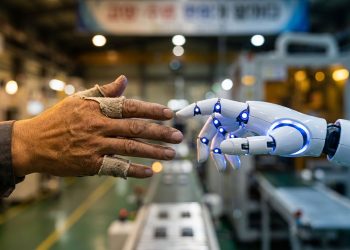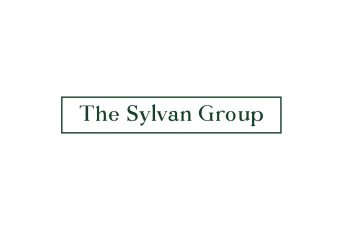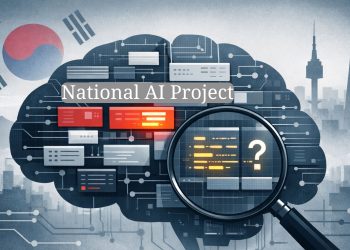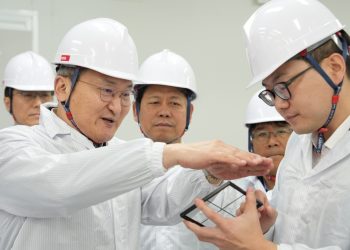Hyundai Motor Group’s Chairman Euisun Chung visited the US, seeking more openings in one of its most crucial international markets. In particular, the Chairman consulted two US-based companies in assessing the company’s future mobility strategies and technological development course.
Hyundai met with engineers and executives from Motional Inc., its autonomous driving joint venture, as part of its growth exploration. The South Korean automotive manufacturer also Boston Dynamics, an engineering and robotics startup developing advanced mobile manipulation robots.
Motional
During the Chairman’s Motional visit, he assessed the autonomous IONIQ 5 battery electric vehicle (BEV). IONIQ 5 notably supports Motional’s next-generation self-driving driving platform. At present, Motional is conducting self-driving BEV test drives on public US roads.

Motional also became one of the world’s first companies to obtain an autonomous driving test license, achieving Level 4 autonomy. In Level 4, vehicles could independently drive under conditions, while in Level 5, they could automate under any conditions.
In addition to testing the EV model, Hyundai discussed partnership expansion prospects and future business advancements with prominent Motional officials. Hyundai would also tour Motional’s research and development facility, a next-generation system-developing site, and meet with researchers.
Boston Dynamics
Chairman Chung also went to Boston Dynamics’ headquarters and discussed the robotics industry’s business trends with company executives. Previously, Hyundai acquired an 80% share in Boston Dynamics for 900 billion won ($828 million) to leverage the startup’s robotics technology.

Furthermore, Hyundai witnessed firsthand Boston Dynamics’ cutting-edge robot innovations, including Spot, its first-ever quadrupedal robot. Hyundai also saw Atlas, a bipedal research-optimized robot, and Stretch, its latest warehouse automation robot scheduled for release in 2022.
Chairman Chung also announced that Hyundai’s robotics-related operations would take up 20% of its future businesses. Moreover, automobiles would account for half of its sales while urban air mobility would take the remaining 30%.
Future Growth Through Robotics
Chairman Chung’s visitation to the two companies’ sites demonstrates Hyundai’s aim to make human-centric mobility innovations its new growth engine. The visits are also part of Hyundai’s transformation vision, strengthening its mobility technology competitiveness, including autonomous driving and robotics.
“In the future, I think robots will play the role of assistants who help people at all times,” said Chairman Chung in a meeting. “While robots charge themselves and manage schedules, people will be able to focus on more productive and creative work.”
Hyundai also plans to establish synergies between autonomous vehicles, robotics, smart factories, and urban air mobility, providing innovative mobility services. Separately, Hyundai plans to invest 8.1 trillion won ($7.2 billion) to its US operations by 2025, reinforcing its growth commitment.







